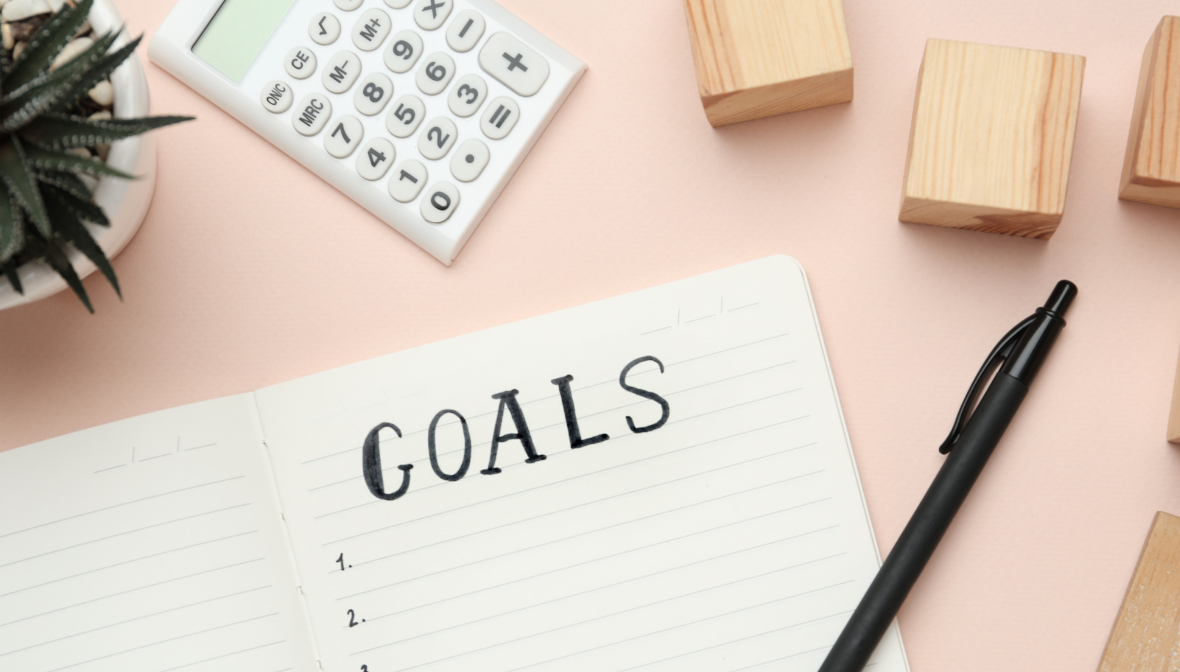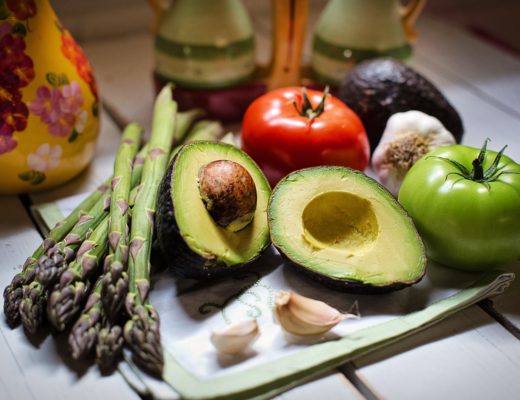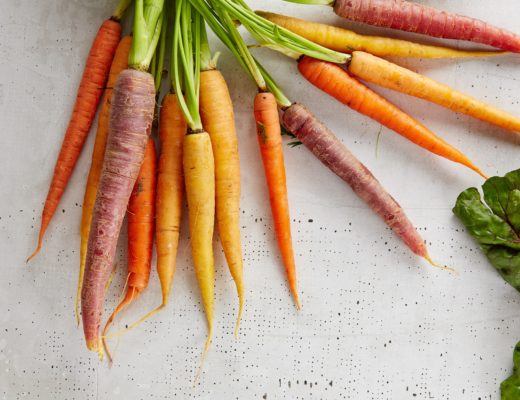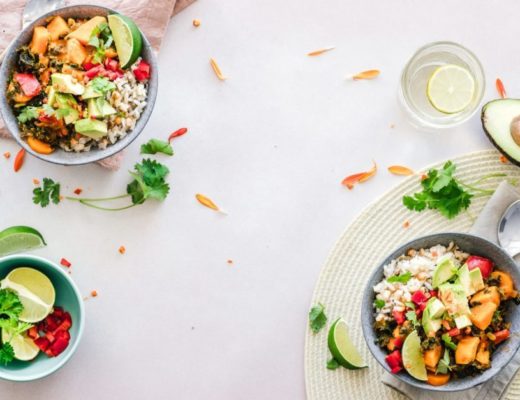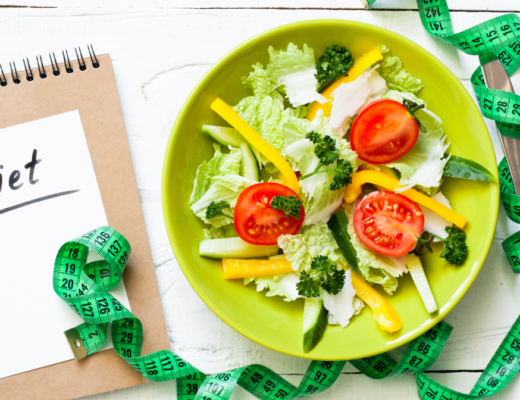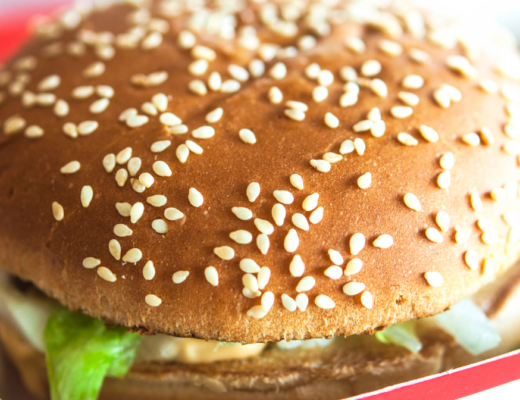If you’re like most people, you’re starting to think about health and wellness goals for the new year.
There’s something about the transition into a new year that feels like an opportunity to leave old habits behind and start fresh.
And it can be exactly that – a time to prioritize yourself for a change and create a healthy lifestyle you feel good about.
When you finally put your health first, you’re not only healthier, but happier.
You move with more ease.
Your blood work improves.
You’re an example to friends and family.
Your clothes fit better.
You feel good about your choices.
You gain confidence in yourself inside and out.
Next year really can be the year that this happens for you – by going beyond generic resolutions and working toward real lasting change.
In order to accomplish this, you’ll need:
- Not just a resolution, but a concrete goal
- A plan to get there
And let’s stay away from quick fixes that waste time and energy and focus on real holistic solutions.
Here’s how:
1) Turn your goal into action with daily practices that fit into your busy life
Most of us end up off track with our New Year’s resolution by February because we haven’t worked out the specifics of HOW we’re actually going to accomplish it.
For example you may know you want to lose weight, but you need to take the right daily steps to make it reality.
Or we try to do so much at once that we end up overwhelmed and frustrated.
Small, manageable daily practices help us take incremental steps toward our goals that build over time.
2) Shift from processed and packaged foods to whole natural foods
Packaged “healthy” foods like gluten free products, plant based products, keto products, frozen low calorie meals, and supplement drinks can sometimes sabotage your goals.
Although these products are ok in moderation, the companies that make them aren’t always concerned with your long term health. So the packaged foods they produce may be low in calories but also low on nutrients, filled with sugar, artificial sweeteners, and artificial ingredients. If these kinds of foods make up the bulk of your diet, this can lead to inflammation, unintended weight gain, and more.
Whole natural foods boost your energy, lift your mood, and stabilize your blood sugar. They reduce the risk of diabetes, high blood pressure, heart attacks, congestive heart failure, and stroke. They do all this while simultaneously supporting weight loss.
There’s a reason many fruits and vegetables are known as super foods!
3) Eating the right type and amounts of these foods for your lifestyle and goals
All “healthy” foods aren’t created equal.
Knowing which foods will give your body the best possible nutrition while making sure you’re eating the right amount for your body is key, especially when weight loss is your goal.
We work on all of these things and more in my plant based reset course – Plant Based the Easy Way.
In this course you’ll incorporate more healthy, nourishing plant based foods into your diet over six weeks. And you’ll do it in a way you may not have experienced before.
Instead of overhauling your whole life on day one, throwing away everything you’ve been doing, and following a strict meal plan, you’ll take small incremental steps, building on your success each week.
If this sounds interesting or you’ve thought about going plant based before, you might be wondering…
How is this different from all the other diets I’ve tried?
Conventional diets often involve eating as little as possible and crazy workouts up to 5 days a week.
You may have to follow a very specific meal plan to see results, or buy shakes and bars.
You might be able to eat whatever you want! But only once a day.
Or you can only drink water or smoothies.
None of the above is meant to be long term. It’s a short term approach…and often leads to short term results.
Going plant based isn’t a diet, it’s a lifestyle change.
There’s a lot of flexibility in what you can eat and still see results.
You can have three meals a day plus snacks, eat until you’re satisfied and still lose weight.
Exercise is good for lots of reasons, but long excruciating workouts aren’t required.
The possibilities for flavorful and filling meals are endless.
It’s less about restriction, and more about nourishing and resetting your body.
Isn’t going plant based just giving up meat?
That’s a good first step, but approaching the transition this way can lead to nutritional imbalances, exhaustion, and other unpleasant side effects.
There’s a lot more you can and should do to make sure you’re not just giving up meat but getting the best nutrition for your body as well.
How will I get enough protein?
In the course, we break down the protein myth and how to make sure you’re getting enough.
Can’t I just buy plant based meat products or get a cookbook and go plant based on my own?
You can! But DIY methods have a cost – more time, more money, more setbacks, more mistakes, or all of the above. If you want to reach your goals faster, easier, and more successfully, following a proven system helps.
As we gear up for this new year, let’s not just talk about change but take the steps to make it happen. Forget quick fixes — this year is about a lifestyle shift with results that last.

